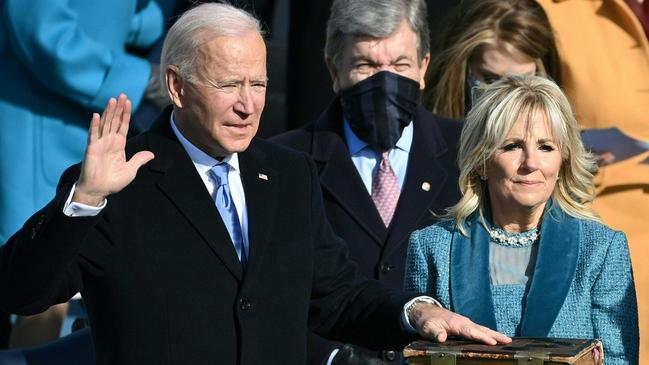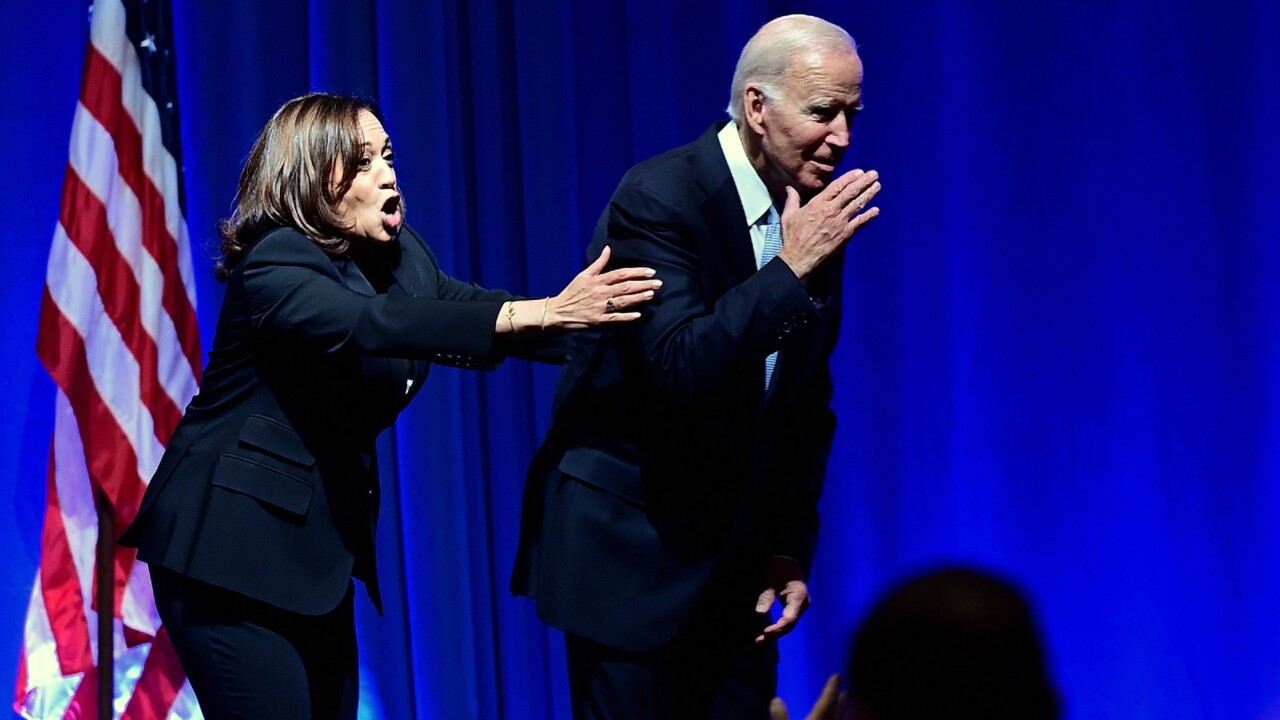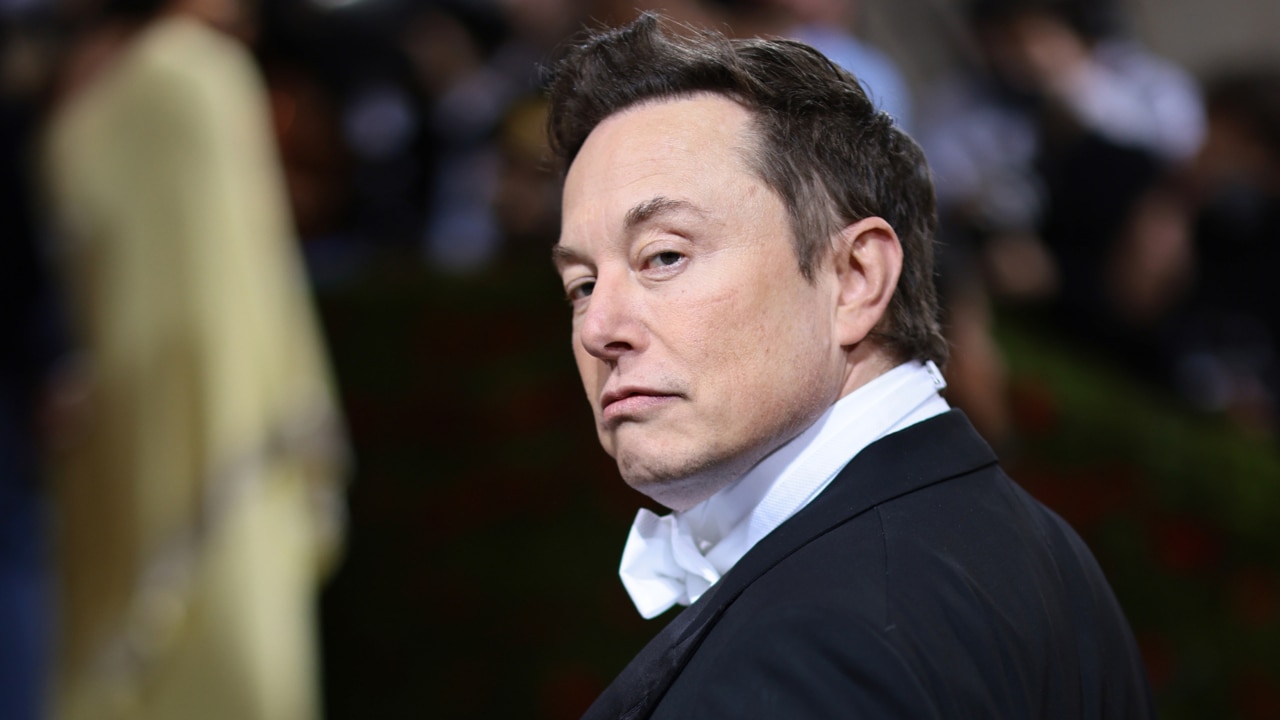Permanent election frenzy leading to political exhaustion

I’m suffering from political exhaustion. I’m bored and saddened, satiated with talk of electoral politics. In some places it took nearly three weeks to count the votes. I’ve seen more polls than Poland has Poles. And most of those polls turned out to be wrong. Mistaken predictions from so-called experts preponderated. There was no tsunami, wave or serious turning of any tide in the political fortunes of the country. I have seen all the TV white boards I care ever to see, with men in shirt sleeves — the working press? — indicating states, counties, cities, neighbourhoods going for one party or the other.
Worst of all have been the TV ads. Apparently more than $16 billion was spent on them in this cycle. That’s a sum that could pay to house the homeless, return the insane back to safe mental institutions, or buy eight NBA franchises. The vast majority of these ads were on the attack, entirely negative, not advancing a candidate’s best qualities but setting out what a swine his or her opponent is.

On one side relatively obscure incumbent congressmen were accused of bringing on inflation, causing urban crime, opening up the borders, turning the country over to socialism. On the other side, opposing politicians were accused of being threats to democracy, supporters of systemic racism, in favour of cutting off women’s access to health services. A recent New Yorker cartoon by Mort Gerberg captures things nicely.
In a Capitol Hill boardroom beneath a portrait of Donald Trump, a devious looking politician instructs colleagues: “Remember, it’s not how well we represent our views — it’s how well we lie about theirs.”
On the subject of lies and euphemisms, the prize this time around surely goes to “women’s health,” which stood as a euphemism for abortion. Apart from cases of serious health complications, rape or incest, abortion is little more than a medical remedy for sloppy or irresponsible fornication. I speak with some authority here, being a former chairman of the Unplanned Parenthood Committee in my old neighbourhood.
The midterms also highlighted a particularly Machiavellian strategy: contributing to the defeat of formidable candidates in the other party’s primary so you face a weaker opponent in the general election. I watched this play out in Illinois, where Gov. J. B. Pritzker, a Democrat, is said to have spent millions of his own money on negative ads in the GOP primary to help Trump-endorsed state Sen. Darren Bailey defeat Richard Irvin, the black Republican mayor of Aurora. In a democracy, when money talks, what it has to say is generally obscene.

For those of us who have had more than our fill of electoral politics, Mr. Trump’s recent announcement that he is running again for the White House isn’t a good thing. Mr. Trump has released the dogs much too early. The next 24 months will see endless panels formed to discuss the Trump-DeSantis question. The age of Joe Biden will also get another heavy workout. The pollsters will slog back to work, the panellists will await invitations to display their expertise, the pundits will dance their dance. The beat, as the old disc jockeys used to say, will go on, and on and on and on.
How much better things would have been if time — eight or nine months, say — were set aside to knock off all the blather, kick back, chill. But it is not to be; perhaps it never will be again, and the country will henceforth live in a permanent state of electoral frenzy: a state of claim and counterclaim, insults delivered and returned, hyperbole everywhere, agitation reigning generally. In a permanent electoral state, much talk will be heard about rivalling theories of government, but not much useful governing is likely to get done.
Aristotle argues in his “Politics” that “true forms of government will of necessity have just laws, and perverted forms of government have unjust laws.” Under which, one wonders, would the great philosopher have placed America’s recent midterm elections?

The Wall Street Journal







Has there ever been an election so relentlessly dreary as the one the US has just been through? The day after Election Day a cable-show panellist remarked that “there are only 727 days until the next election.” He laughed. I didn’t.